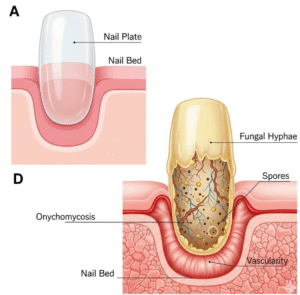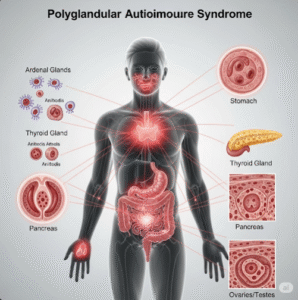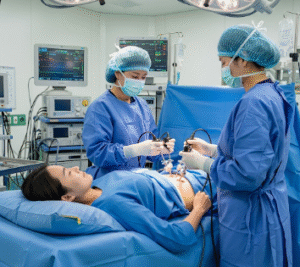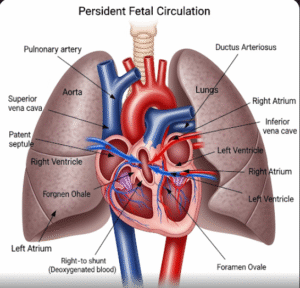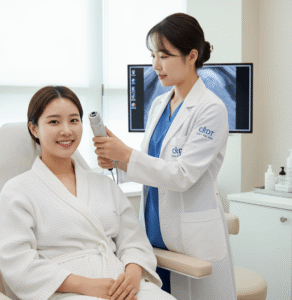Overview
Cryptococcosis is a rare but serious fungal infection caused by the Cryptococcus species, typically Cryptococcus neoformans or Cryptococcus gattii. The infection primarily affects the lungs and central nervous system (CNS), including the brain and spinal cord. It most often occurs in people with weakened immune systems, such as those with HIV/AIDS, organ transplant recipients, or patients on immunosuppressive therapy. South Korea provides advanced diagnostic and treatment options to manage cryptococcosis effectively.
What is Cryptococcosis?
Cryptococcosis is a fungal infection contracted through inhalation of fungal spores, often from soil contaminated with bird droppings, especially pigeons. After inhalation, the fungus may remain in the lungs or spread via the bloodstream to other organs, particularly the brain, leading to cryptococcal meningitis.
Symptoms
Pulmonary Cryptococcosis (Lungs):
- Persistent or dry cough
- Shortness of breath
- Chest pain
- Fever
- Fatigue
Cryptococcal Meningitis (Brain):
- Headache
- Fever
- Nausea or vomiting
- Stiff neck
- Sensitivity to light (photophobia)
- Confusion or altered mental status
Other Sites (Skin, Bones, Organs):
- Skin lesions
- Swelling or pain in affected areas
Causes
- Inhalation of Cryptococcus spores from the environment
- Weakened immune system due to:
- HIV/AIDS
- Immunosuppressive medications
- Organ transplantation
- Chronic illnesses such as diabetes or cancer
Risk Factors
- Immunocompromised individuals
- HIV-positive patients with low CD4 counts
- Organ transplant recipients
- Chronic corticosteroid or immunosuppressive therapy
- Exposure to bird droppings (especially pigeons)
Complications
- Cryptococcal meningitis (life-threatening)
- Respiratory failure from severe lung infection
- Disseminated cryptococcosis affecting multiple organs
- Neurological deficits if infection damages the CNS
Prevention
- Avoid areas heavily contaminated with bird droppings
- Use protective masks in high-risk environments
- Maintain control of underlying chronic illnesses
- HIV-positive individuals should receive antiretroviral therapy to maintain immune function
- Regular medical follow-ups for immunocompromised patients
Treatment Options in Korea
South Korea provides specialized infectious disease care with access to advanced antifungal therapy and supportive services.
1. Diagnosis
- Blood cultures and cerebrospinal fluid (CSF) analysis
- India ink staining and cryptococcal antigen testing
- Chest X-ray or CT scan for pulmonary involvement
2. Medication
- Amphotericin B (IV) for severe cases
- Flucytosine in combination with Amphotericin B
- Fluconazole (oral) for mild cases or maintenance therapy
3. Monitoring
- Regular CSF examinations in CNS infections
- Imaging studies to track pulmonary or disseminated infections
4. Supportive Care
- Management of increased intracranial pressure in meningitis
- Oxygen therapy for respiratory compromise
- Careful monitoring in immunocompromised patients


